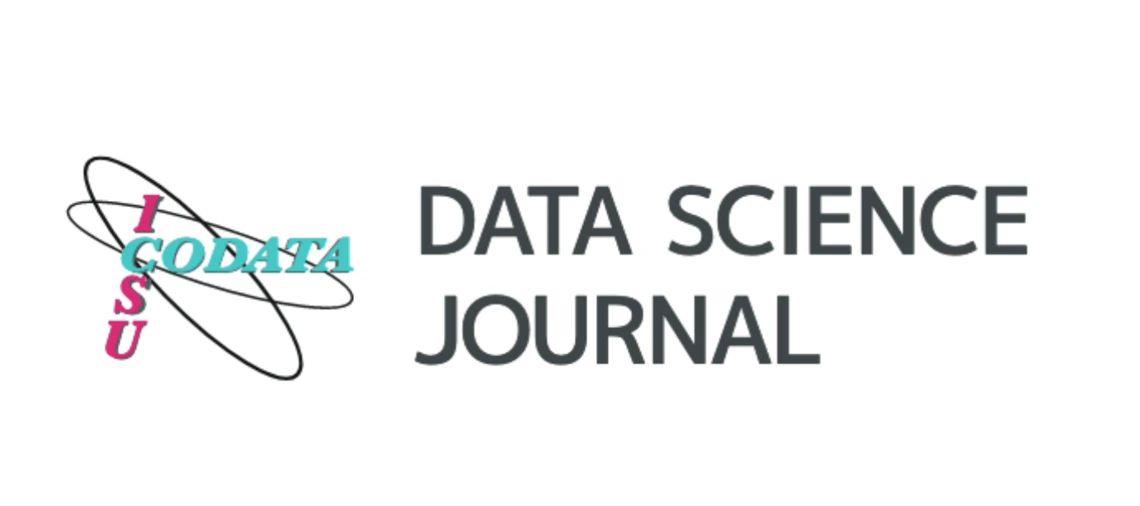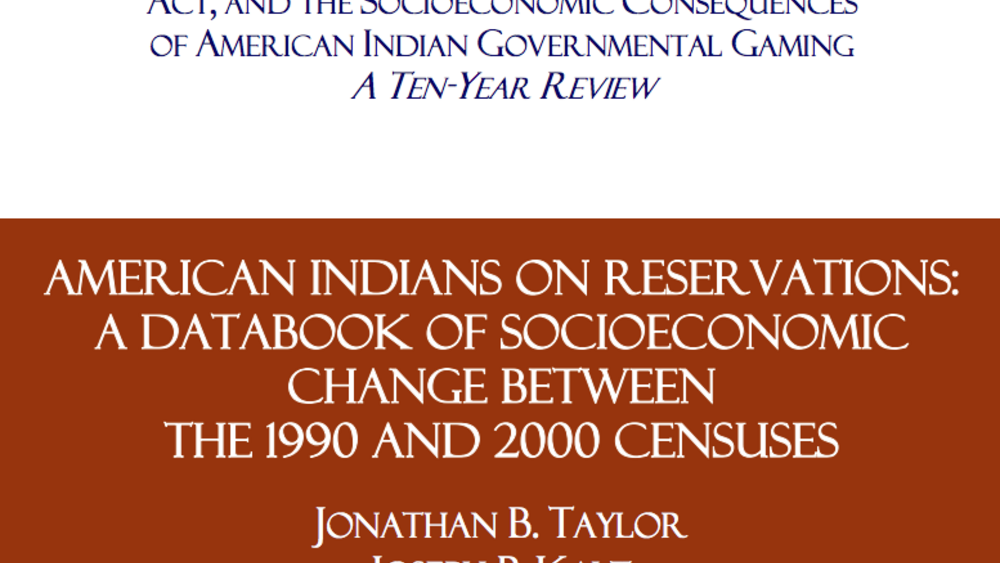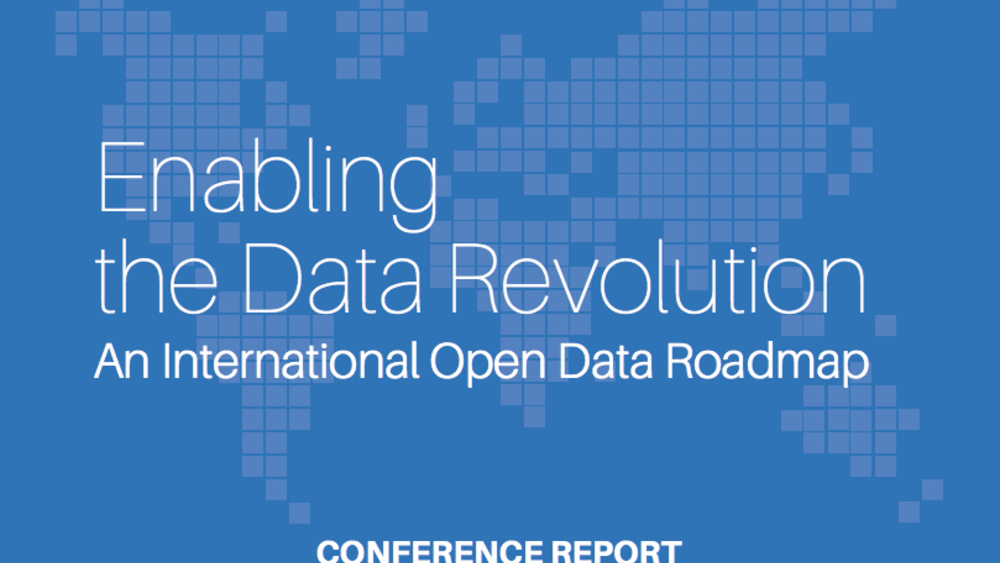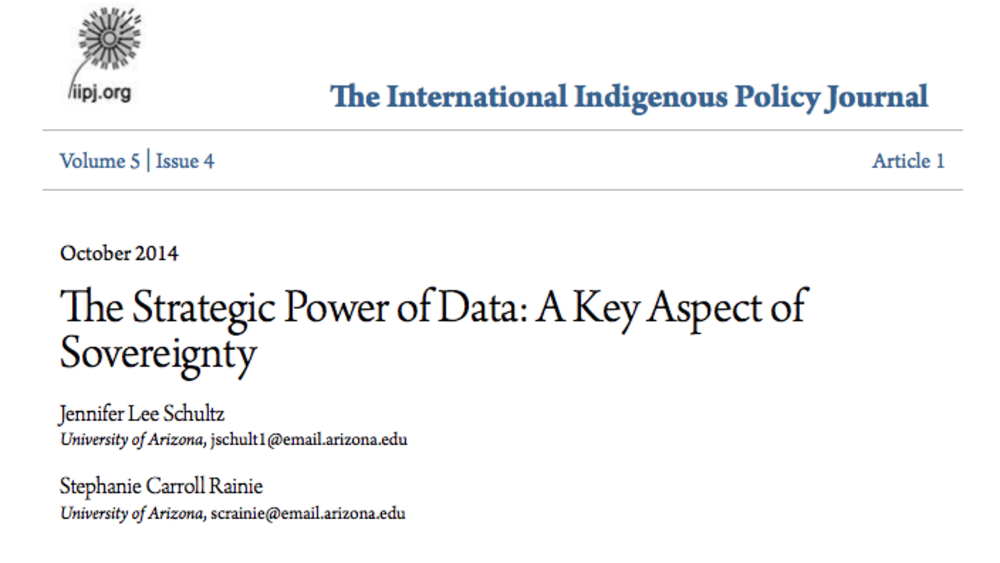Data have become the new global currency, and a powerful force in making decisions and wielding power. As the world engages with open data, big data reuse, and data linkage, what do data-driven futures look like for communities plagued by data inequities? Indigenous data stakeholders and non-Indigenous allies have explored this question over the last three years in a series of meetings through the Research Data Alliance (RDA). Drawing on RDA and other gatherings, and a systematic scan of literature and practice, we consider possible answers to this question in the context of Indigenous peoples vis-á-vis two emerging concepts: Indigenous data sovereignty and Indigenous data governance. Specifically, we focus on the data challenges facing Native nations and the intersection of data, tribal sovereignty, and power. Indigenous data sovereignty is the right of each Native nation to govern the collection, ownership, and application of the tribe’s data. Native nations exercise Indigenous data sovereignty through the interrelated processes of Indigenous data governance and decolonizing data. This paper explores the implications of Indigenous data sovereignty and Indigenous data governance for Native nations and others. We argue for the repositioning of authority over Indigenous data back to Indigenous peoples. At the same time, we recognize that there are significant obstacles to rebuilding effective Indigenous data systems and the process will require resources, time, and partnerships among Native nations, other governments, and data agents.
Additional Information
Carroll, S.R., Rodriguez-Lonebear, D. and Martinez, A., 2019. Indigenous Data Governance: Strategies from United States Native Nations. Data Science Journal, 18(1), p.31. DOI: http://doi.org/10.5334/dsj-2019-031




